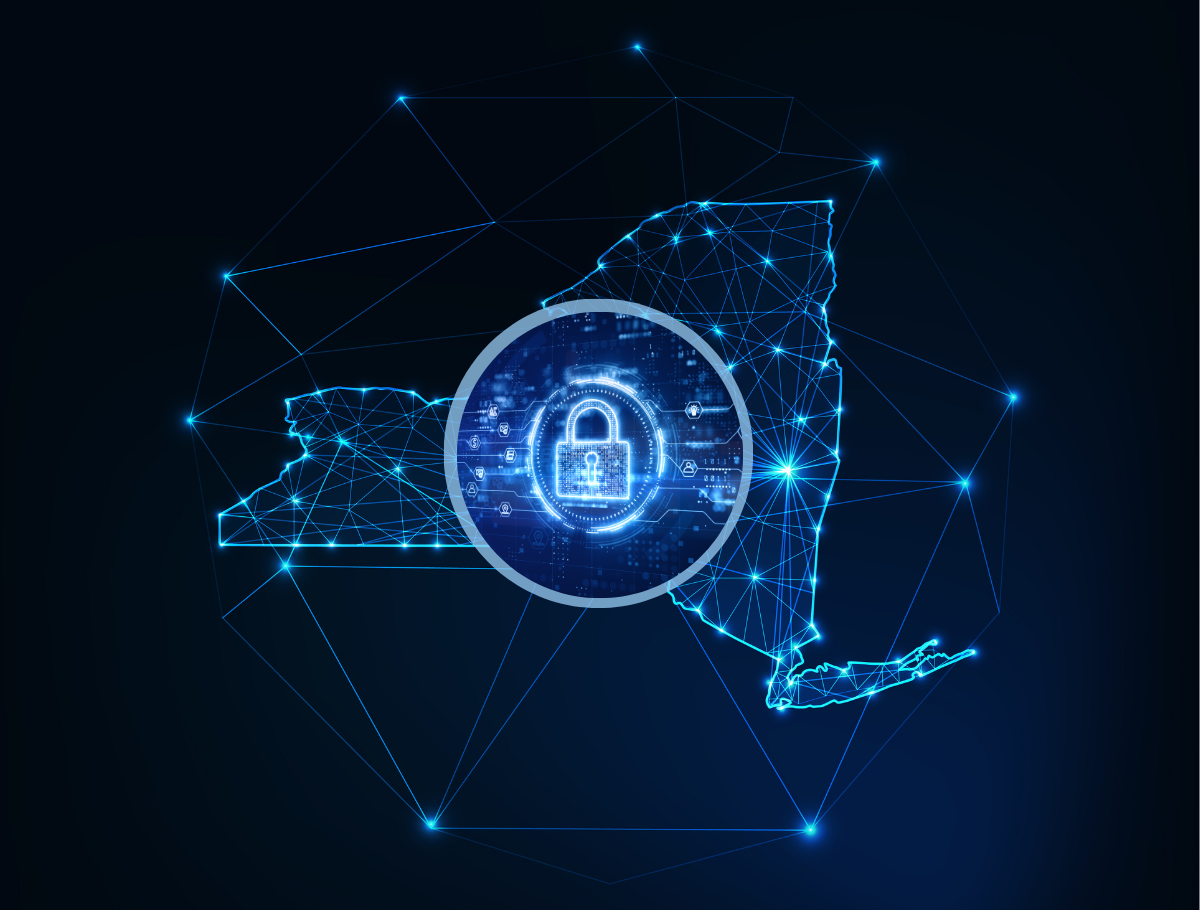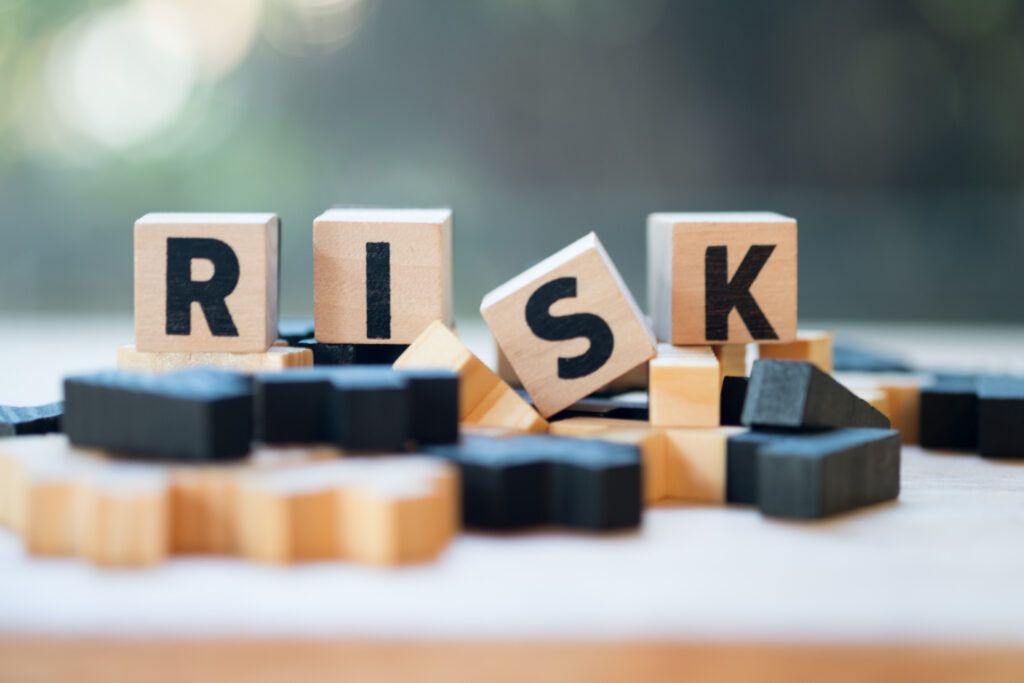Running a small or medium-sized business in New York State comes with unique challenges, and cybersecurity shouldn’t be an afterthought. With cyber threats targeting businesses of all sizes and New York’s strict data protection laws, conducting regular security assessments is imperative.
Here are the three critical security assessments every small to medium-sized business (SMB) in New York should prioritize to protect their company, customers, and reputation.
1. Network Security Assessment
Your network is the backbone of your business operations, making it a prime target for cybercriminals. A comprehensive network security assessment examines your entire digital infrastructure to identify vulnerabilities before attackers can exploit them.
What it covers:
- Firewall configuration and effectiveness
- Router and switch security settings
- Wi-Fi network vulnerabilities
- Network segmentation and access controls
- Intrusion detection and prevention systems
Why it matters for NY businesses:
New York’s SHIELD Act requires businesses to implement reasonable security measures to protect private information. A network security assessment helps ensure you’re meeting these legal requirements while identifying weak points that could lead to costly breaches.
What to expect:
Security professionals will scan your network for open ports, outdated software, weak passwords, and misconfigured devices. They’ll provide a detailed report with prioritized recommendations, typically categorized as critical, high, medium, or low risk.
[Related Reading: A Look at New York’s Data Security and Privacy Regulations for Small Businesses]
2. Vulnerability Assessment and Penetration Testing
While network assessments focus on your infrastructure, vulnerability assessments dive deeper into your systems and applications to find security gaps that real attackers might exploit.
What it includes:
- Software vulnerability scanning
- Web application security testing
- Database security evaluation
- Social engineering susceptibility
- Physical security weaknesses
The New York advantage:
With New York’s robust business environment comes increased scrutiny from regulators and customers. Regular vulnerability testing demonstrates your commitment to security and can be crucial for maintaining customer trust and meeting compliance requirements.
The process:
Ethical hackers use the same tools and techniques as malicious actors to test your defenses. They’ll attempt to breach your systems in a controlled manner, documenting every vulnerability they find. The resulting report provides a roadmap for strengthening your security posture.
3. Compliance and Risk Assessment
New York businesses must navigate a complex web of federal, state, and industry-specific regulations. A compliance and risk assessment ensures you’re meeting all relevant requirements while identifying areas where your business faces the most significant security risks.
Key areas evaluated:
- SHIELD Act compliance (for businesses handling NY resident data)
- HIPAA requirements (for healthcare-related businesses)
- PCI DSS standards (for businesses processing credit cards)
- GDPR compliance (if you serve European customers)
- Industry-specific regulations
Business impact focus:
This assessment goes beyond technical vulnerabilities to examine how security risks could impact your specific business operations, revenue, and reputation. It considers your industry, customer base, and business model to provide tailored recommendations.
Deliverables:
You’ll receive a comprehensive risk matrix showing your exposure levels, a compliance checklist, and a prioritized action plan that balances security improvements with business needs and budget constraints.
[Related Reading: Your Guide to Data Security Compliance for Modern Businesses]
Making Security Assessments Work for Your Business
Start with the basics:
If budget is a concern, begin with a network security assessment. This foundational evaluation often reveals the most critical vulnerabilities that need immediate attention.
Schedule regular reviews:
Security isn’t a one-time effort. Plan to conduct these assessments annually, with network security checks every six months if your business handles sensitive data.
Choose the right partner:
Look for security firms with experience working with New York businesses and a thorough understanding of state regulations. Ask for references and ensure they understand the specific challenges of your industry.
Act on the results:
The most comprehensive assessment is worthless if you don’t implement the recommendations. Work with your IT team or security provider to prioritize fixes based on risk level and available resources.
The Bottom Line
Cybersecurity threats continue to evolve, and small businesses are becoming increasingly vulnerable. By completing these three essential security assessments, you’re not just protecting your company—you’re demonstrating to customers, partners, and regulators that you take their trust seriously.
Don’t wait for a security incident to reveal your vulnerabilities. Take proactive steps today to assess and strengthen your security posture.
Remember, the cost of prevention is always less than the cost of recovery. Investing in regular security assessments is an investment in your business’s future success and sustainability.
Ready to strengthen your business security? Start by identifying which assessment addresses your most pressing concerns, then reach out to the qualified security professionals at CMIT Solutions of Brooklyn who understand the unique challenges facing New York businesses. CONTACT US!






